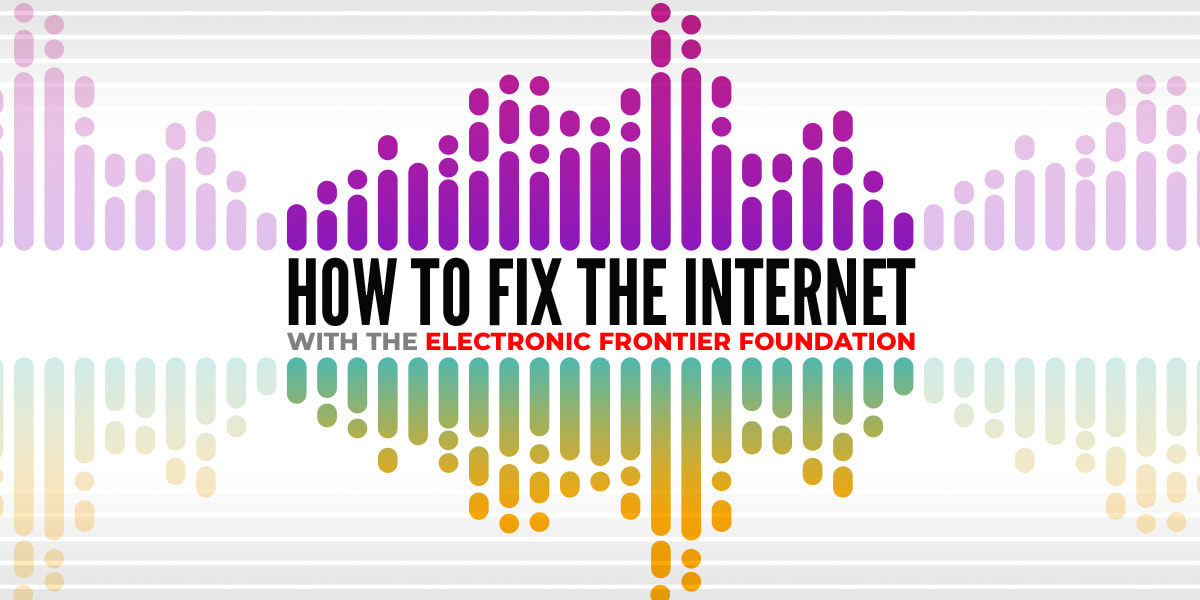|
The secret court of the Foreign Intelligence Surveillance Act (FISA) behaves more like an administrative agency than an actual court. CATO scholar Julian Sanchez archly describes the FISA docket history, which includes only requests for surveillance that have been approved, as a “history of yes.”
For those who want to know more about this secret court, how it operates, how its judges are chosen, how the FISA system reinforces the “ideological hegemony” that favors surveillance, we recommend this podcast in which the Electronic Frontier Foundation’s Executive Director Cindy Cohn and its Director of Strategy Danny O’Brien interview CATO scholar Julian Sanchez. Sanchez makes the case for bringing more technical advice to the court, as well as speaking in favor of a measure PPSA has long been in favor of – the inclusion of independent, outside experts to represent civil liberties interests before FISA judges. This measure, advanced by Sens. Mike Lee and Patrick Leahy and promoted by PPSA, received 77 votes in the Senate before being derailed in the House. For anyone looking for a better understanding of FISA and its secret court, this EFF podcast with CATO scholar Julian Sanchez is an excellent resource. Comments are closed.
|
Categories
All
|


 RSS Feed
RSS Feed